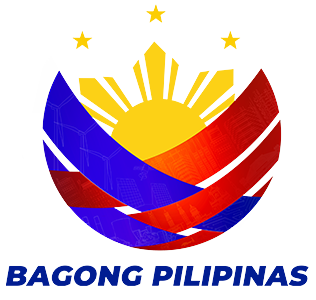PRC Chair Manzala talks on ASEAN Qualifications Reference Framework at DOLE Seminar
Manila, December 18, 2013 – PRC Chair Teresita R. Manzala, who sits as Chairperson of the ASEAN Task Force on the (National Qualifications) ASEAN Qualifications Reference Framework under the ASEAN Australia New Zealand Free Trade Area Economic Cooperation Work Program (AANZFTA ECWP), presented a discussion on the ASEAN Qualifications Reference Framework in a Capacity Building Seminar for Department of Labor and Employment Officials held Thursday (December 12) at the Bayleaf Hotel in Intramuros.
According to Chair Manzala, the ten ASEAN Member States have established their national qualifications frameworks and qualifications systems, utilizing different domains and qualifications levels, with corresponding descriptors. These cover basic education, technical and vocational training, and higher education. The ASEAN Qualification Reference Framework will function as a device to enable comparisons of qualifications and providing the concept of “best fit” between qualifications from different countries.. The AQRF is aimed at providing support and enhancement of the national qualifications frameworks. It addresses education and training sectors and the wider objective of promoting lifelong learning.” The ASEAN Member States have agreed on 2018 as the target for the referencing of their national qualifications frameworks with the ASEAN Qualifications Reference Framework.
“By enabling comparisons of qualifications across member countries that will support recognition of qualifications and encouraging the development of national approaches to validating learning gained outside formal education, the AQRF aims to promote and encourage education/learner and worker mobility, and higher quality qualifications systems”, Chair Manzala added.
The AQRF provides opportunities to open up large market for goods, skilled labor and professionals. Likewise, improvement in the regulatory framework and the implementation of quality assurance in the recognition of qualifications of learners, skilled workers and professionals are intended to protect the interest of the public, primarily students and parents.
Chair Manzala highlighted the important role of DOLE in identifying market conditions, both domestic and international, for feedback to regulatory bodies, education and training providers, to determine the problems which skilled workers and professionals encounter in the assessment of their qualifications in foreign countries, and to engage in tripartite bodies to advise labor and management companies.



